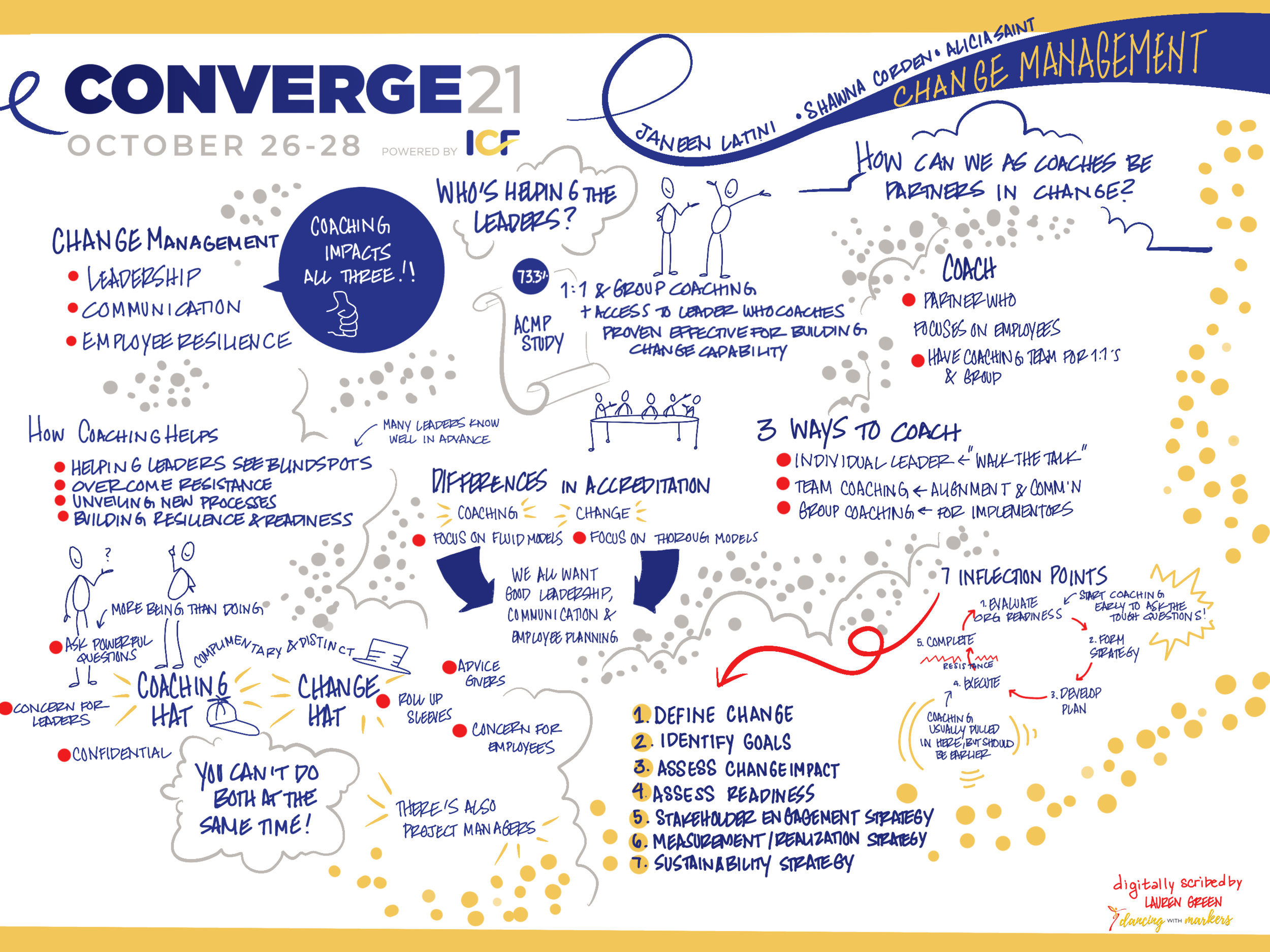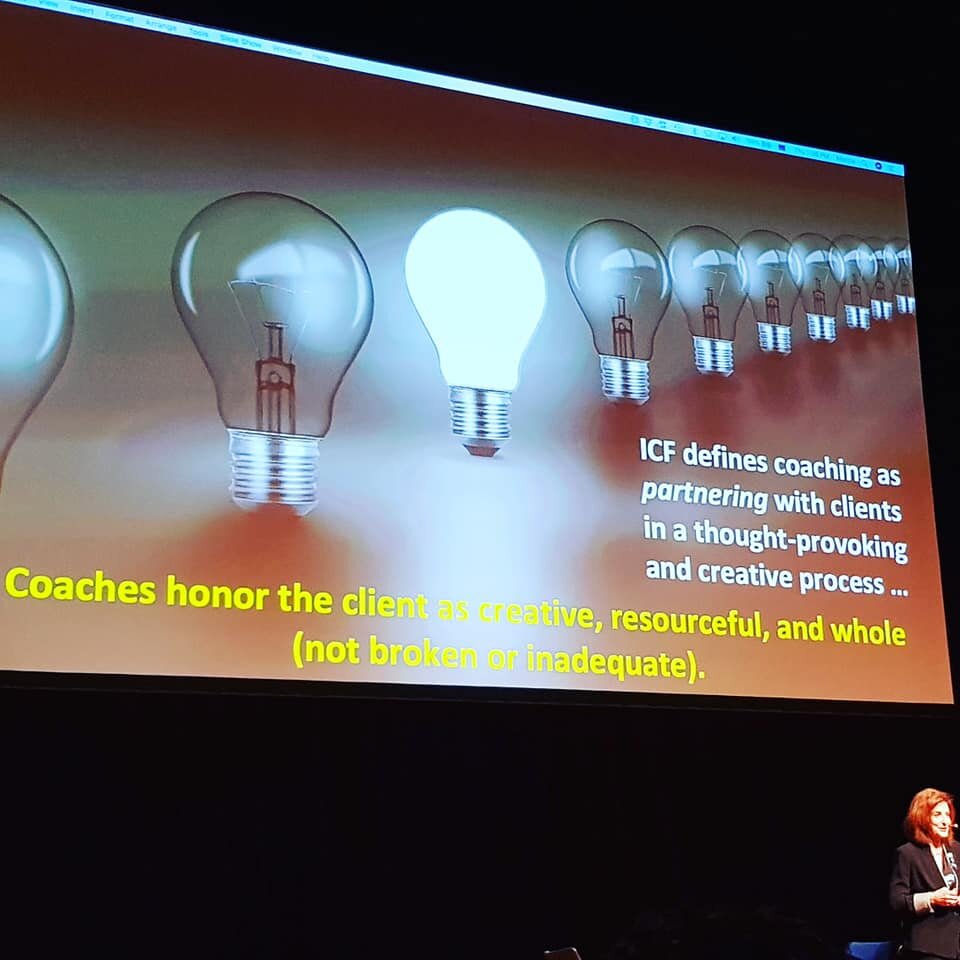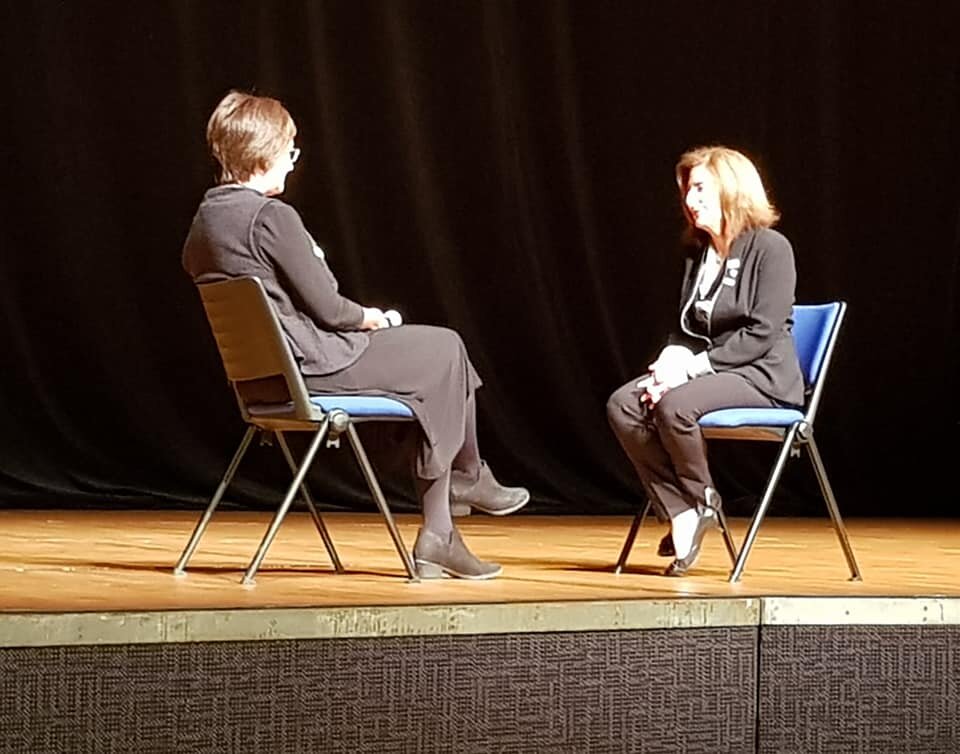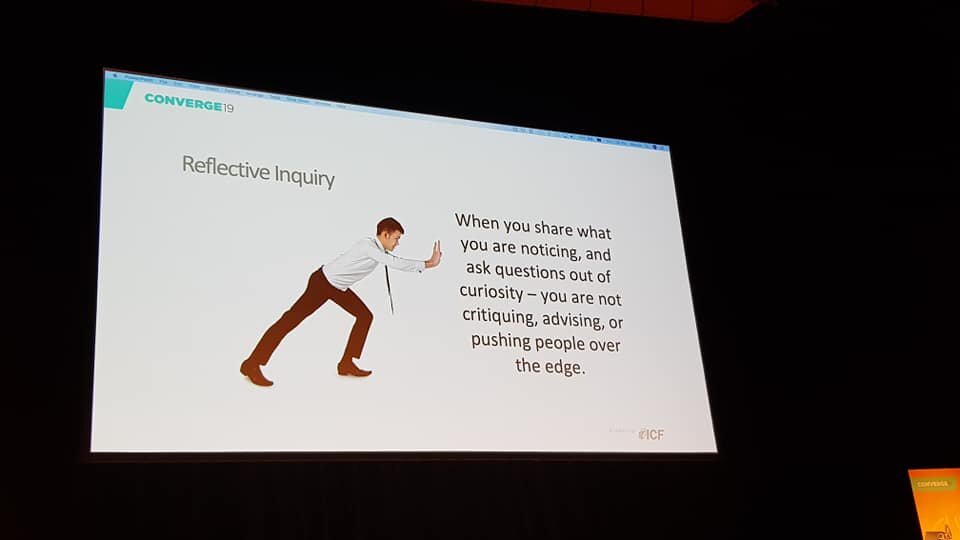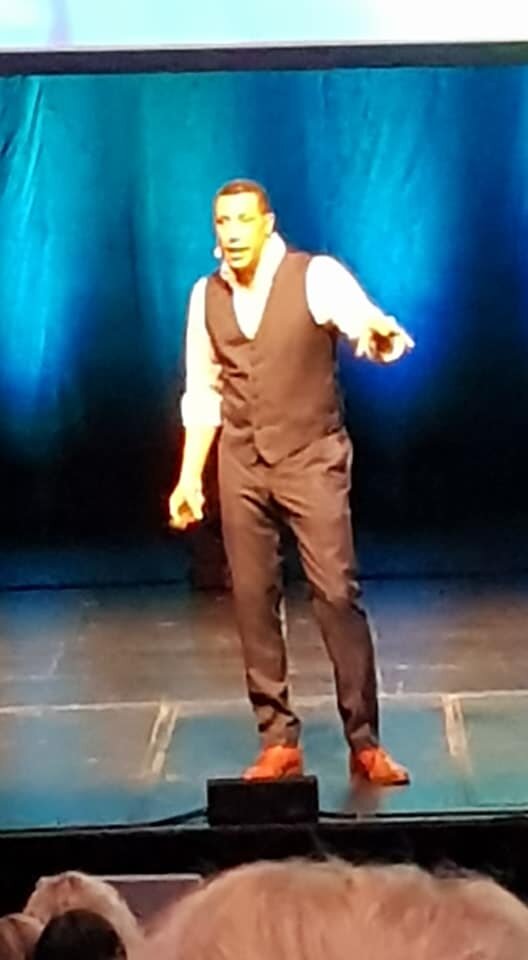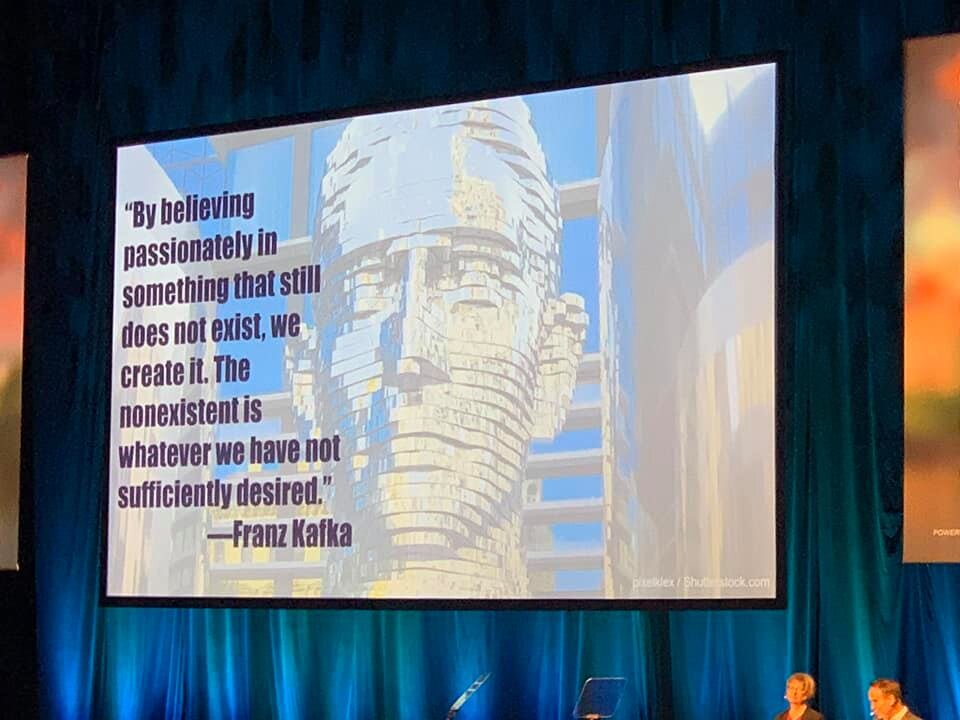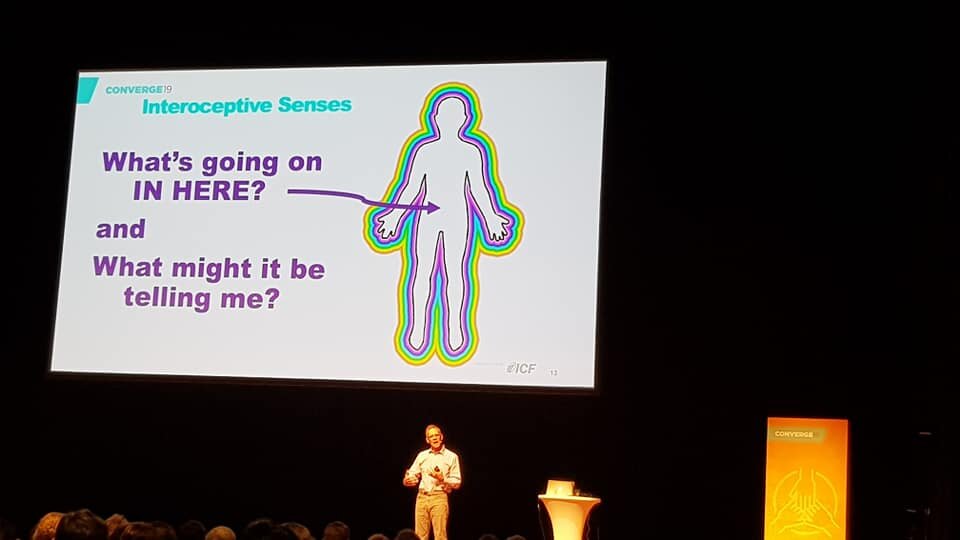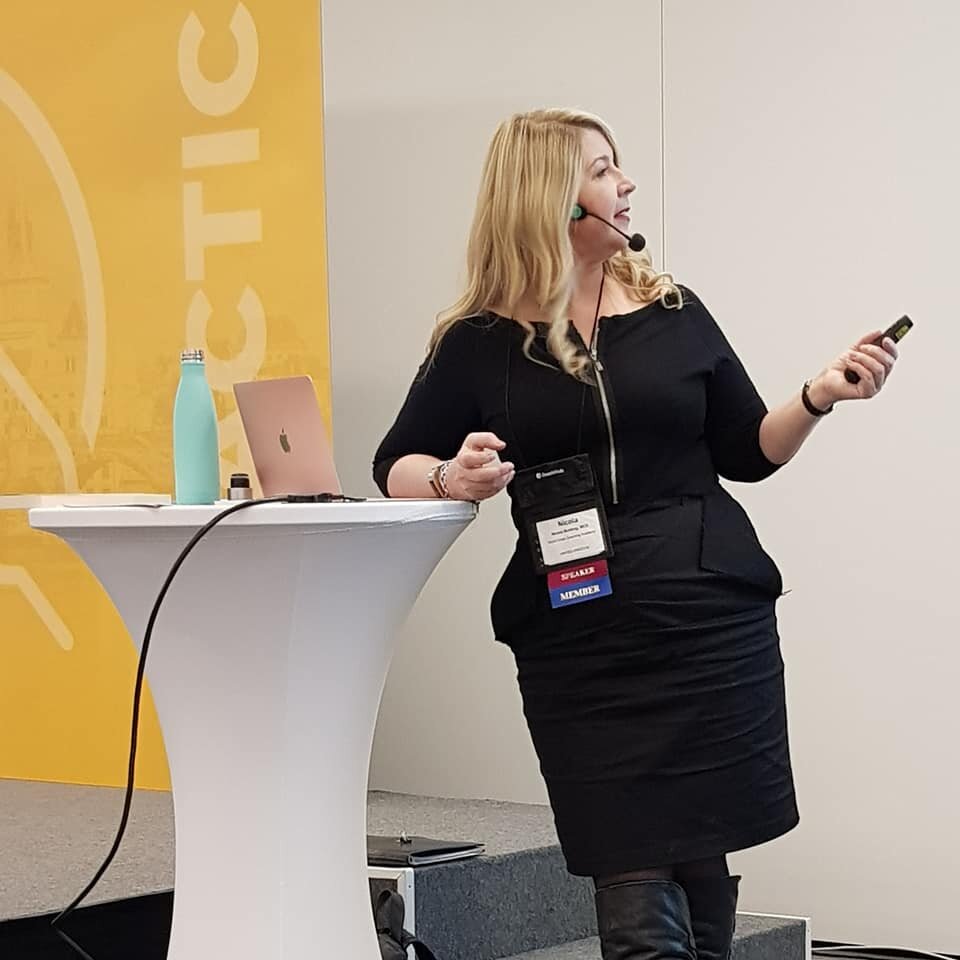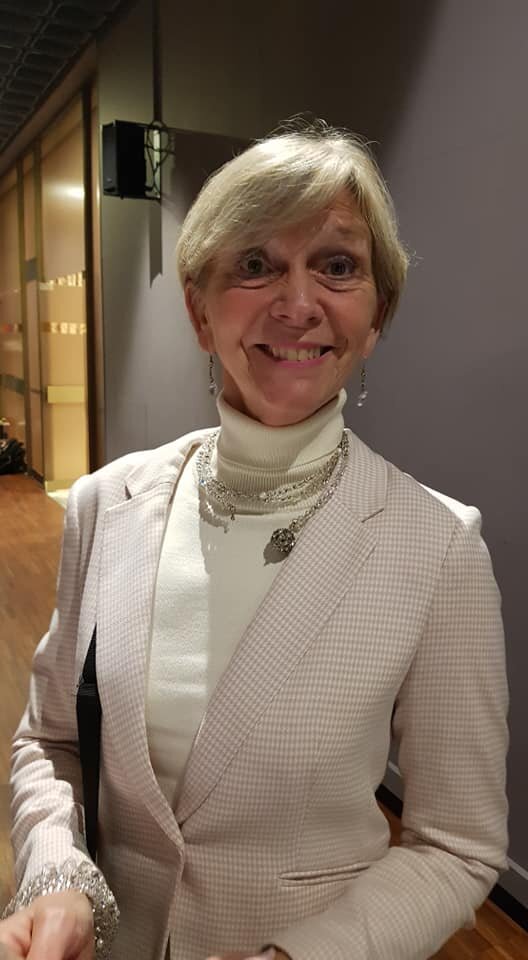You as an entrepreneur tend to be strongly action oriented. In other words, you are a “doer.” This is a strength because it allows you to handle multiple diverse tasks daily, as well as identify and grasp hidden opportunities. But although it may feel energetic, running solely on this action-orientation 24/7 is not the best way to run your business.
How to find the balance
In the long run your action orientation needs to be balanced by reflection. This will give you the space to make better choices, reorganize and re-prioritize your goals and identify even more possibilities, as well as looking ahead to foresee certain events and prepare for them.
You might realize though, that In the fast-paced entrepreneurial world this time for reflect is scarce, as you get caught up in the daily grind.
Try some introspection to see to what extent you are used to moving between the reflection and action modes. How balanced are these two for you.
Are you the type of person who always has a concrete action plan, and who gives answer quickly, on the spot whenever you are quizzed about something? If that is the case, you might benefit from slowing down and taking the time to reflect on the underlying patterns of the recurring events around you.
This can be difficult to do on your own when strongly action oriented. Having a coach builds a habit of working through the perspectives and get a wider view before acting. Your coach will also hold you to your big picture, the over arching goals and values you have set for yourself. Daily small actions can if done without reflection lead you step by step astray and cause confusion in your organisation as you seems to change your mind faster than they can keep up with.
Especially in growth when you often need to make quick decisions and sometimes pivot your plans once or twice to get it right reflection time is necessary to keep you on top of your game and not haunted by it.
Over time, the power of reflection before acting grows. The more you use coaching, the more room for strategy and reflection you will create. This will allow you to expand your perspective, let more information into the process before deciding on one course of action, and last but not least, safeguard your mental health. *
Do you have any questions, would you like to know more, or you would like to simply get in touch? Email us at info@guldkanten.com
Have you missed the previous blog post? You can find it here: 5 Things Entrepreneurs Should Know - Introduction
Check out the next blog post from this series for entrepreneurs: #2 - Rethinking finances as an entrepreneur
*Entrepreneurs and Mental Health Study by the Canadian Mental Health Association












